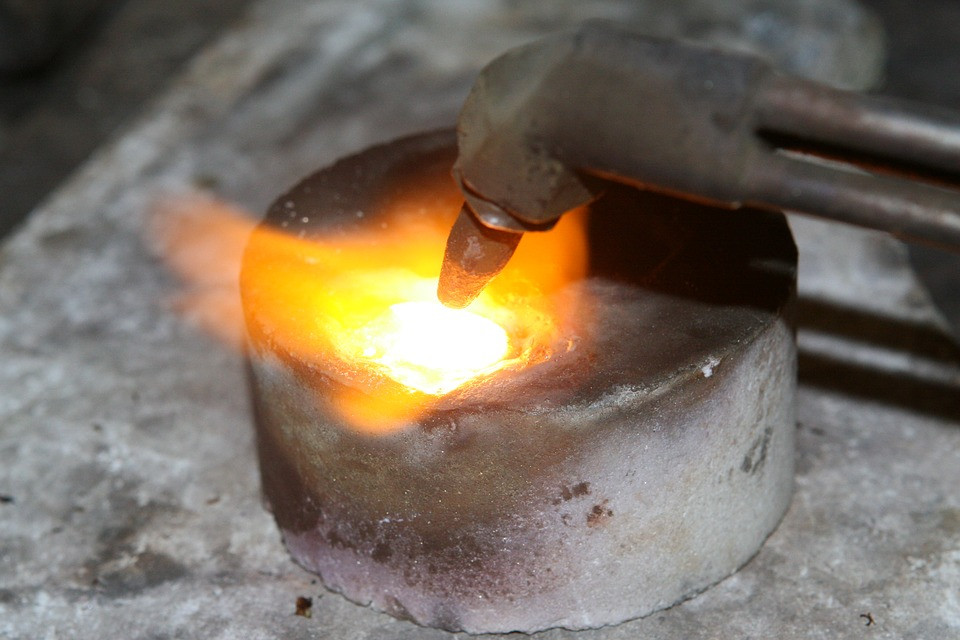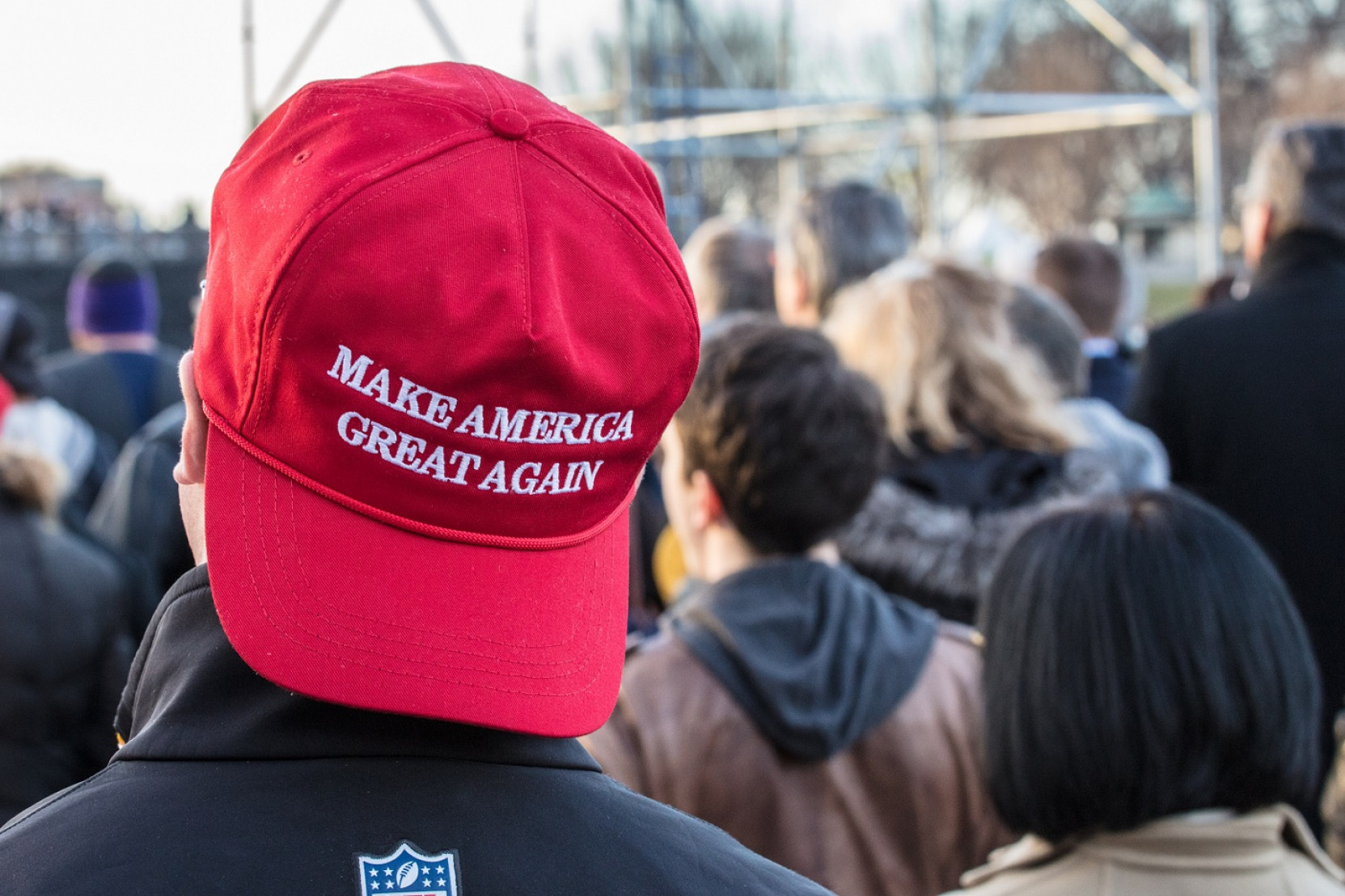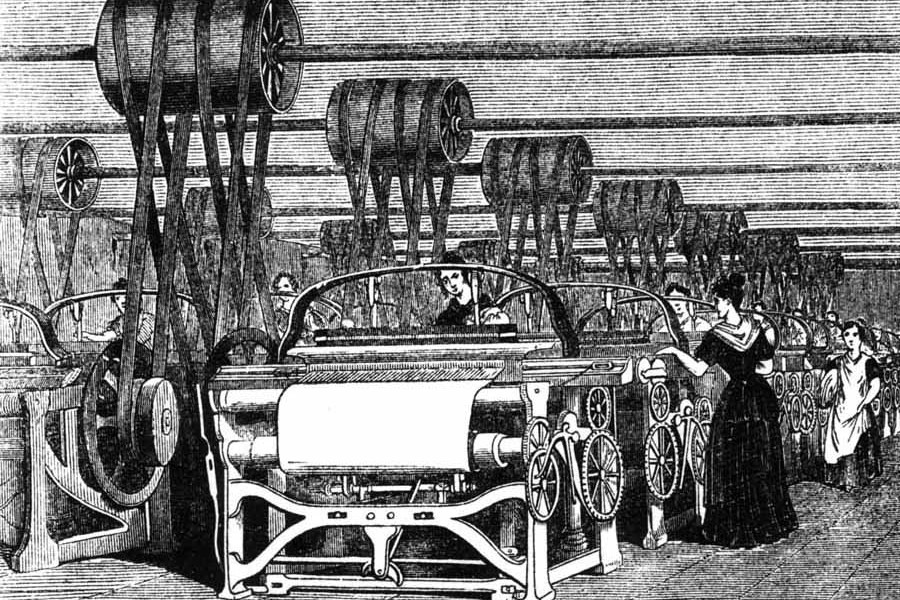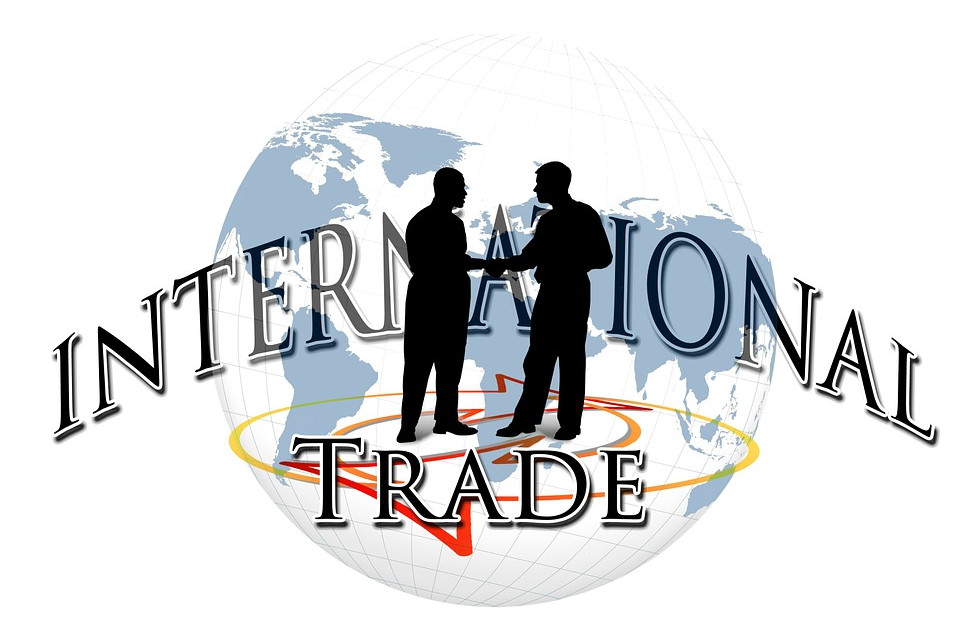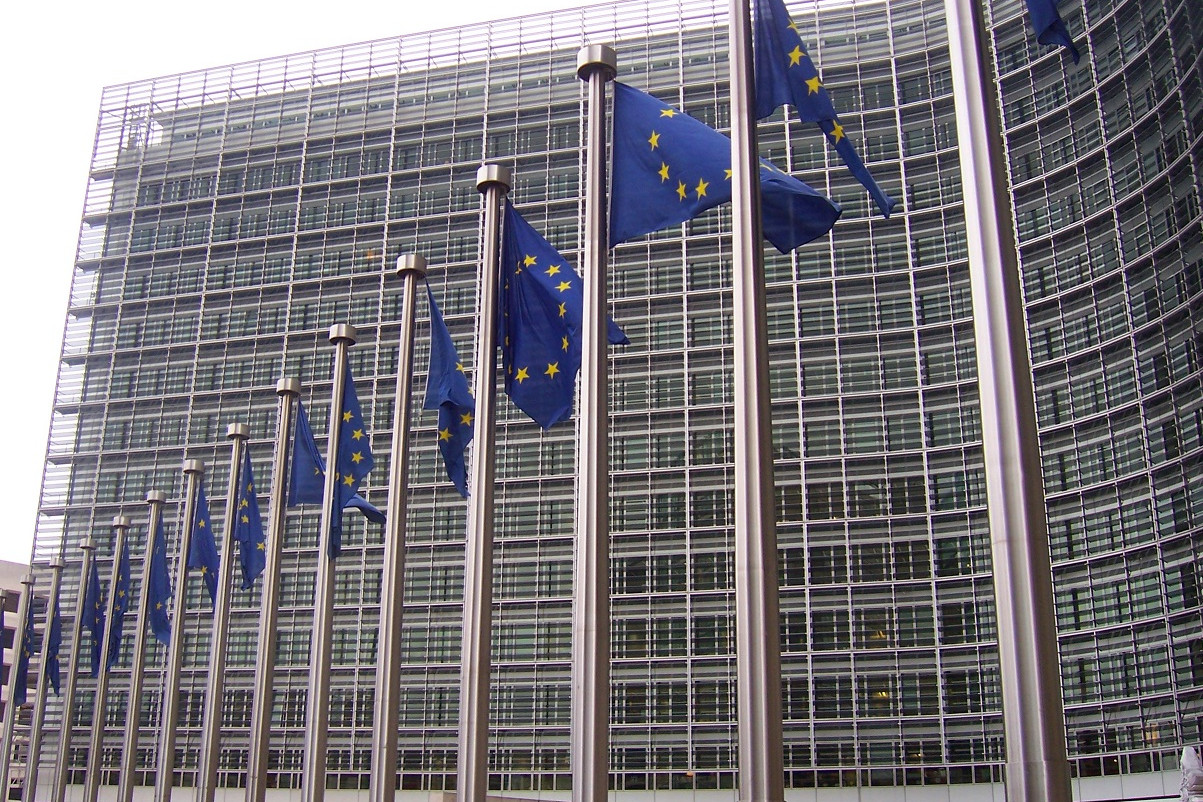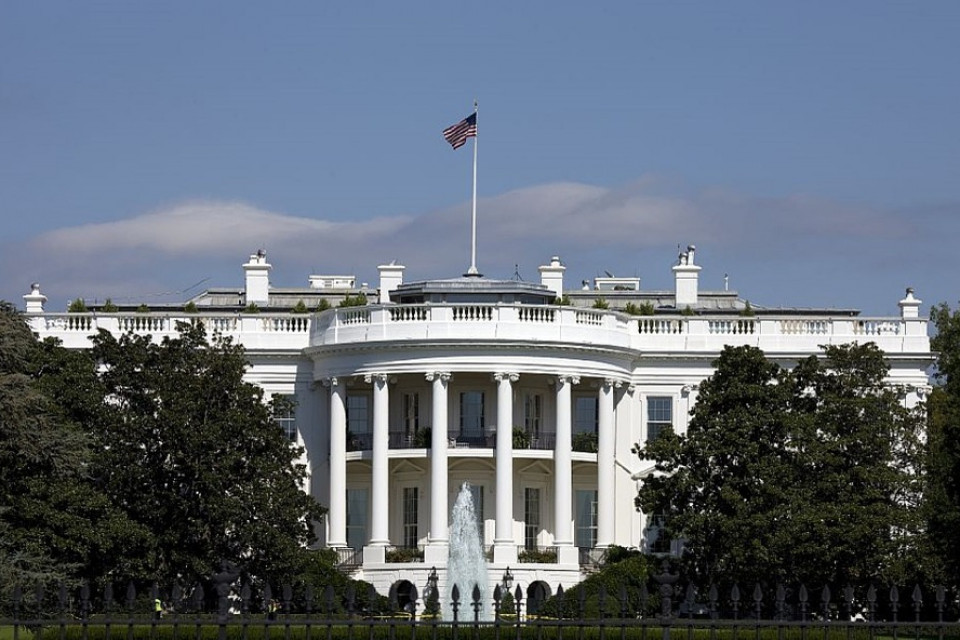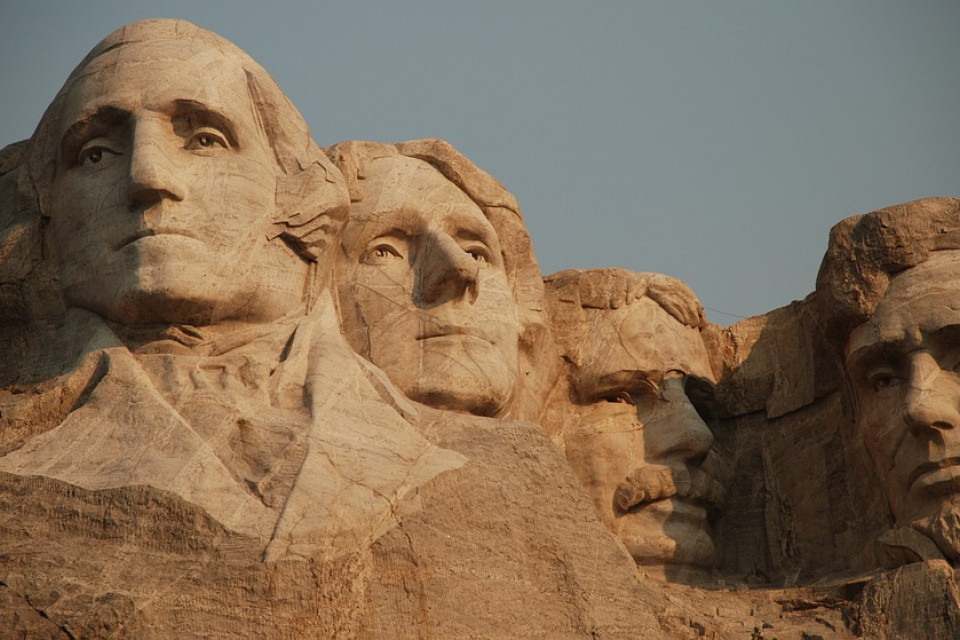Protect a few by impoverishing the many. Rarely has a political decision been as visibly idiotic as Donald Trump's protectionist measures on customs fees.
The headlines these last days has been the hasty decision of Trump to impose customs duties on aluminium and steel. The news has filled us with joy. We were looking for an example -inalienable, indisputable and splendidly cretinous- to illustrate the true functioning of a government. Donald has just given it to us.
Idiots, ostensibly
IDIOTS, OSTENSIBLY
It is a difficult task to have to dig the ungrateful and rocky terrain of public policies, to shake off the mellifluous crap of desires, illusions and fraud... to expose the corruption and stupidity that lies beneath. We would also like to thank Trade Secretary Wilbur Ross and Counsellor Peter Navarro for their contribution to this, because they have been the ones who have brought this nonsense to the surface. It is strange that political personalities are so ostentatiously idiotic and with so little ingenuity... defending such openly foolish theories. They have not facilitated the task. Thanks again.
Here in Argentina, trade barriers have been around for a long time. For example, a few years ago it was impossible to obtain tires for our tractors. The manufacturers of Argentine tires were protected by customs duties.
If you wanted to buy a tire, you had to buy the locally manufactured, lower quality tires. Except, of course, if they did not make the model that you needed.
The same happens in the case of electronics. Apparently, the president Cristina Kirchner had friends in the south of the country who manufactured electronic components. Imports of laptops, i-Phones and other devices were restricted, apparently to offer new local companies the possibility to develop and compete with Apple, Samsung and Panasonic. Upon entering the country, you had to declare exactly all the mobile phones, i-Pads and laptops that you carried. and worse for you if you did not have all the devices when you left.
PROTECTIONIST WHINING AND LAMENTS
But this is the kind of thing you can expect from a "fucking country," is not it? The flagrant use of government to transfer money from ordinary people into the pockets of the happy few with good personal skills.
A modern and civilized country is usually more sophisticated in its management. Its economists argue that trade barriers lower production, which results in diminishing the wealth available to predatory elites. They reason that it is better to allow free trade to fatten the pig before slicing the ham.
In this case, US Commerce Secretary Wibur Ross sent a group of steel and aluminium sector leaders from the to the White House. No doubt that the comrades grunted and lamented about the fact that Canadians are unfair, that Mexicans have lower costs than Europeans, and that they themselves manufacture better quality metals.
Donald J. Trump, who is a warrior, picked up the microphone, and in a matter of hours declared a commercial war, stating that it was quite easy to win.
And then he delivered this hilarious remark: "We have to protect our country and our workers. Our steel industry is in a bad state. Without steel, there is no country!"
At no time was the real problem addressed: what has happened to cause Americans to buy more abroad than they sell? If Trump had taken the trouble to look a little closer, he would have verified that this has nothing to do with trade agreements or the lack of customs barriers.
FREE CREDIT PARADISE
Until the 1970s, the United States was the world's leading exporter. Then, in a few years, it became the first world importer. Why? Because they themselves changed the monetary system in 1971. Instead of manufacturing at home, they started buying abroad, paying with the new cheap money. Instead of being an industrial engine, they became the paradise for free credit.
Instead of promoting real jobs with good salaries, anchored in the real economy, the economy has been distorted by the super-powerful diplomats of the FED, the super-paid scoundrels of Wall Street and the selfish wastrels of the two parties that wallow in the excessively hyper-active and super-indebted Washington swamp. The selfish scoundrels of both sides wallowing in Washington's overly agitated and over-indebted backwater.
But Donald has not bothered to think about this. Anyway, if he had, the Deep State would not have allowed him to do anything. The true objective of the government is, always and everywhere, to allow a few to exploit the many.
It is a return to the past, a relic of a time long past, the vestige of a prehensile tail.
The modern world of industry, commerce and investment works under a different logic: win-win agreements. Only the government -with its battles, wars, rates, tariffs, its orders to do this and its prohibitions to do that- continues to function under a pre-civilization programme.
A trade war is a good example of something as false as a war on drugs, a war on crime or a war on terror. None is worth saving. And none can be won.
A commercial war is designed to reward elites at the expense of others.
We estimate that the number of jobs in the US steel and aluminium production sectors does not reach 200,000. We can add some thousands of significant owners. And, what is even more significant, a few hundred serious friends. This is where the winners are.
A HIGH PRICE TO PAY
As in all government actions, this is not a win-win agreement. It is a win-lose agreement. There are many more people who use steel and aluminium than people who produce them. They are the first level losers, the most visible. For example, car manufacturers use an average of 1,500 kilos of steel in each car. The additional cost will force prices increases. and this is where the second-tier losers are to be found: the well-paid jobs in the automobile industry.
The effect would be the same if Donald had imposed a tax on oil. Virtually all US industrial activity depend on energy and base metals. If the costs of steel, aluminium or energy increases, it reduces competitiveness. Needless to say, greater damage to US industry will not make the United States bigger.
And let's not forget the losers at the third level: all or almost the US people, who will pay more for everything, from their beer cans to their garden tools. A high price to pay simply to enrich a few friends...



